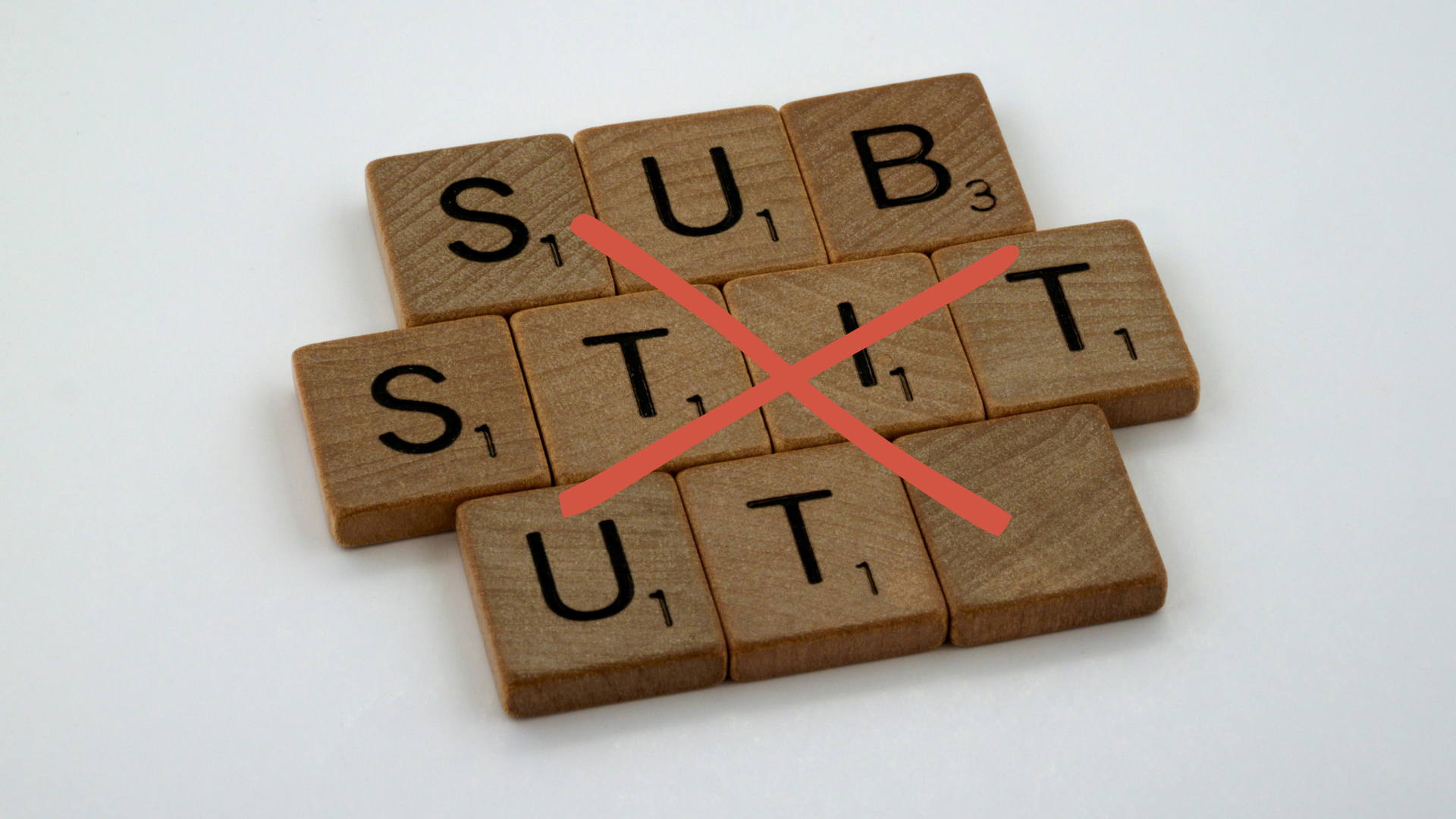
Thinking differently about energy: it's not like-for-like
Michael Liebreich published part 2 of his series of essays titled "Net Zero Will Be Harder Than You Think – And Easier!"
Last September we discussed part 1 in which Michael focused on the challenges in transitioning to net zero (the 'harder' bit) 👉🏾 https://www.thesustainableinvestor.org.uk/the-transitions-will-be-harder-and-easier-than-we-think/
The 'Five horsemen of the transition' as he called them are:
- Poor economics of clean solutions beyond wind, solar and batteries
- Inadequacy of our current electrical grid
- Soaring demand for critical minerals
- Political and social inertia; and
- Regulatory capture and predatory delay.
"Five formidable challenges" as he put it, that are a reflection of the here and now.
Part 2 is the 'easier' bit where he discusses the 'Five superheroes of the transition' or powerful longer term trends that will help get the world to net zero:
- Exponential growth: wind and solar together accounted for less than 1% of global power generation 20 years ago. 10 years ago it was 3% and as at the end of 2023 it was 15%. That trend is likely to continue for longer than people think, bringing costs down and bringing other efficiencies with it.
- System solutions: there will be a need for a variety of technologies to come together including demand response, interconnections, long duration storage etc. Each of these has seen strong investment and growth.
- Great power competition: supportive governments are driving competition which in turn is driving innovation and commercialisation. As Michael says "there are no longer any so-called hard-to-abate sectors. There are only some sectors in which clean solutions are not projected to undercut their fossil-based alternatives, perhaps ever." The 'no-longer-hard-to-abate sectors' will have self-fuelling momentum as a result.
- Disappearing demand: two aspects here. Firstly a big chunk of demand for fossil fuels comes from the fossil fuel industry itself (to power extraction, refining, shipping etc). Secondly, the amount of critical minerals required for the transition to clean energy technology is consistently overestimated, just as the level of battery recycling, for example, is underestimated ;and
- The primary energy fallacy: this lies in the confusion between energy in versus energy out. Primary energy demand describes how much energy stored in fossil fuels that is used to ultimately power the services we use (to heat, to transport, etc). It is about the input. However, that is a focus on input, rather than output.
Or as Michael puts it:
"The transition is not about replacing all of Primary Energy Demand with something cleaner, it just needs to deliver energy services, a vastly smaller quantum, in a clean way."
The 5th of the superheroes highlights one of the challenges with communicating and educating around the energy transition. Language is important. The primary energy discussion and phrases like 'the hydrogen economy' have their starting point as 'we have this solution that we need to find things to use it for' rather than what do we want to achieve (the output) and how do we do that with the most appropriate solution? The social media-driven compression of bandwidth has led to a sometimes oversimplification of arguments. The right balance between the fiendishly complex understanding of a topic and the devilishly simple high level understanding of a topic provides an overlap that is the zone of practical understanding - we discussed that in a Sunday Brunch.
In an electrified world, in addition to the same perceived services needing less energy input, consumers may also consume differently. It won't be like-for-like.
Link to blog 👉🏾 https://www.thesustainableinvestor.org.uk/quick-insight-consumers-consume-differently-electrified/
This article featured in What Caught Our Eye, a weekly email featuring stories we found particularly interesting during the week and why. We also give our lateral thought on each one. What Caught our Eye is available to read in full by members.
If you are not a member yet, you can read What Caught Our Eye when it comes out direct in your email inbox plus all of our blogs in full...

Click this link to register 👉🏾 https://www.thesustainableinvestor.org.uk/register/

Please read: important legal stuff.

